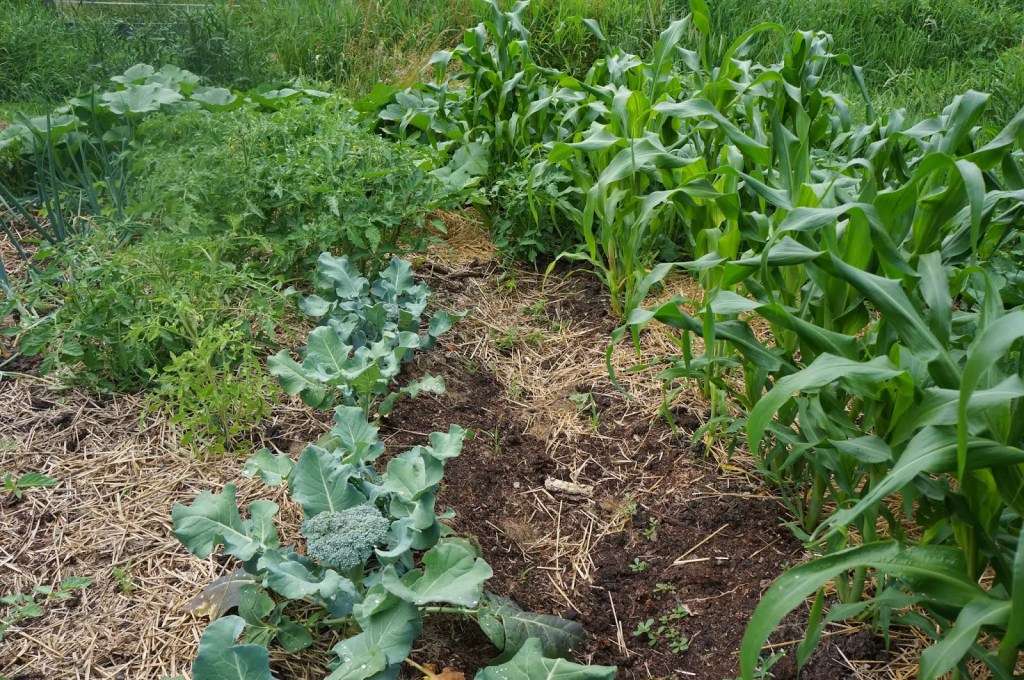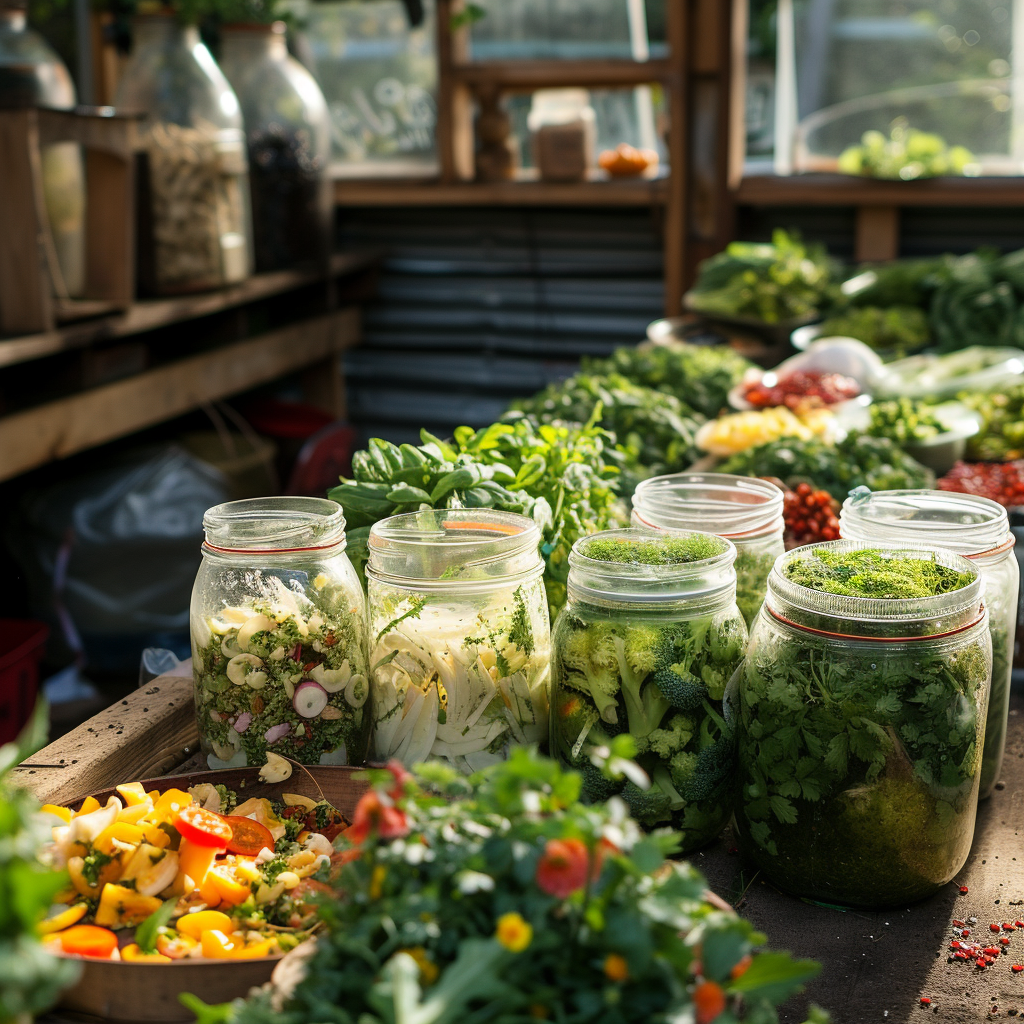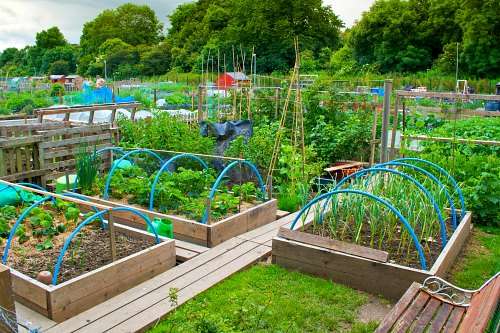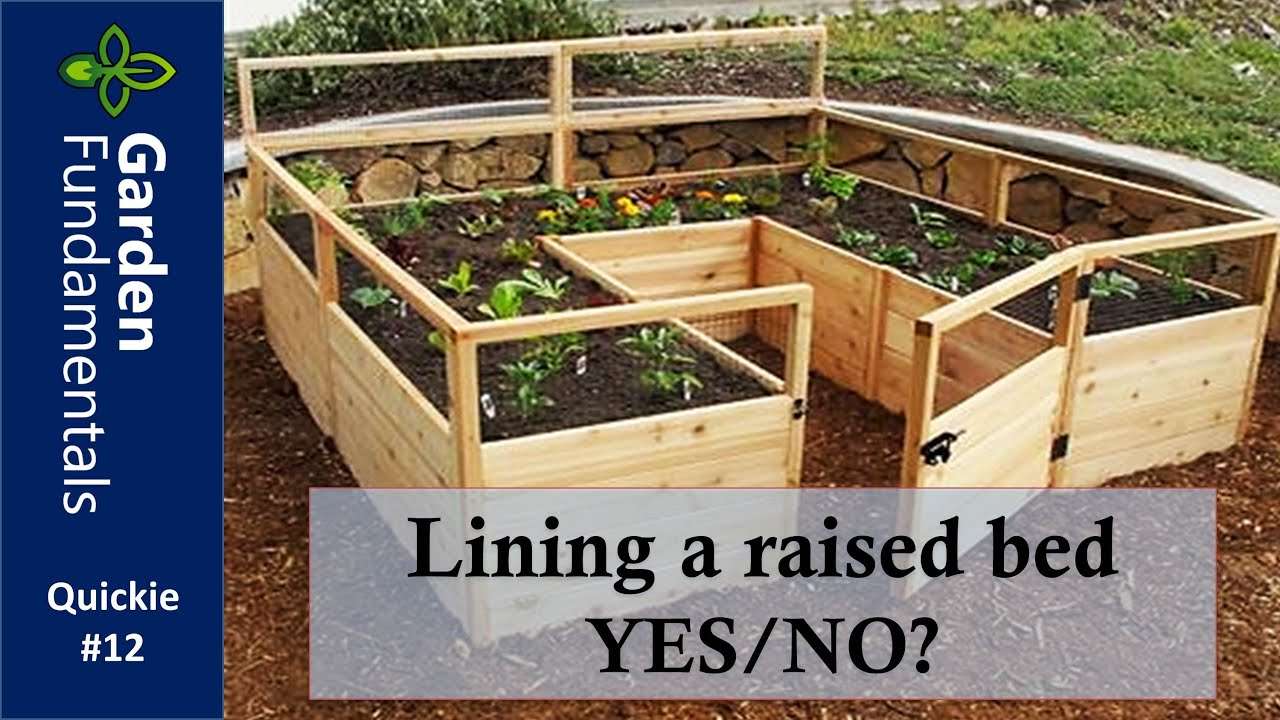In this article, we’ll be discussing the advantages of traditional gardening methods. We’ll provide you with useful information about off-grid living and the benefits of gardening. Additionally, we’ll share insights on when it may not be ideal to use raised beds in your garden. By the end, you’ll have a better understanding of the benefits and considerations of traditional gardening techniques.
Advantages of Traditional Gardening Methods
Traditional gardening methods have been practiced for centuries, passed down through generations as an effective way to cultivate plants and grow food. In today’s modern world, where technology and convenience dominate many aspects of our lives, traditional gardening methods still hold a special place. There are numerous advantages to using traditional gardening methods, ranging from health and environmental benefits to cost-effectiveness and cultural preservation. So, if you’re looking to start your own garden or improve your gardening skills, consider the many advantages that traditional gardening methods offer.
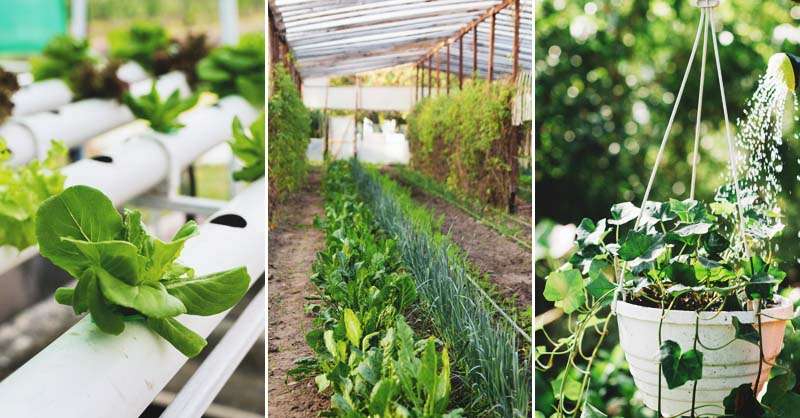
Health Benefits
One of the significant advantages of traditional gardening methods is the positive impact it can have on your health. Engaging in gardening activities is not only a great way to exercise and stay active but also helps in reducing stress levels. By spending time in nature and working with your hands, you can alleviate anxiety and promote mental well-being. Additionally, the fresh air and sunlight exposure while gardening contribute to better overall physical health.
Environmental Benefits
Traditional gardening methods prioritize sustainability and environmental consciousness. By using natural and organic techniques, such as composting and implementing crop rotation, traditional gardening minimizes the use of chemicals and reduces environmental pollution. Furthermore, traditional gardening methods emphasize biodiversity, promoting the growth of different plant species and supporting local ecosystems.
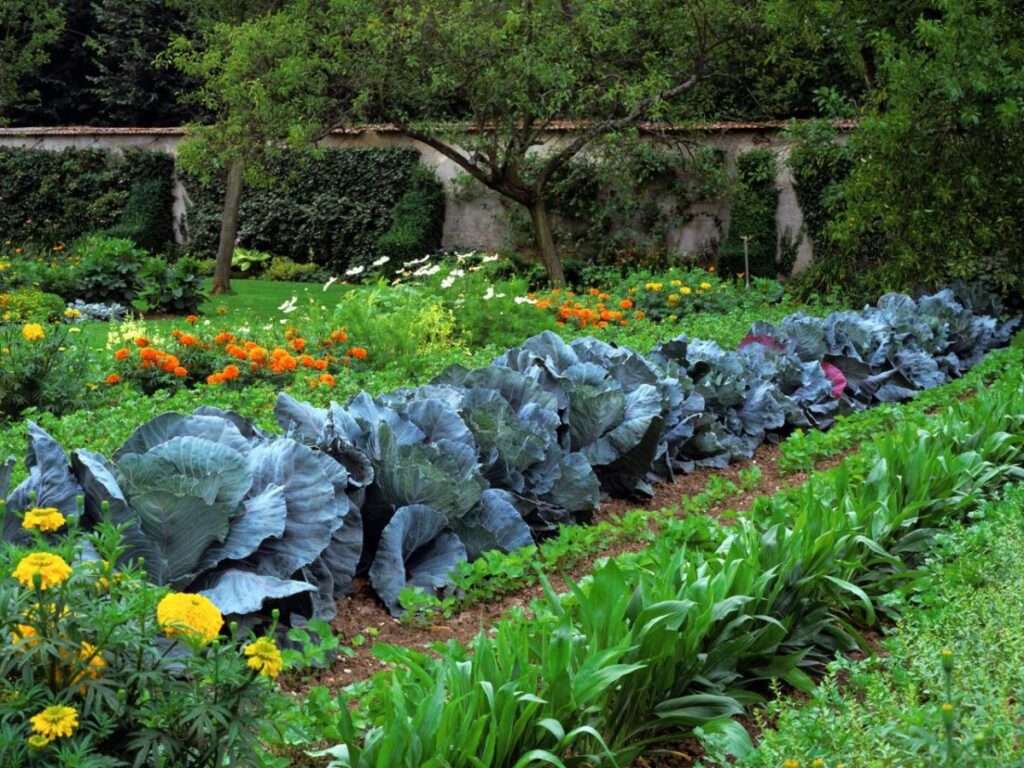
Cost-Effective
Embracing traditional gardening methods can also save you money in the long run. Unlike relying on store-bought produce, growing your own fruits and vegetables allows you to cut down on grocery expenses. Additionally, traditional gardening methods often involve practices like seed saving and propagation, which eliminate the need to purchase new seeds each planting season. This self-sufficiency can significantly reduce your gardening costs while providing fresh, homegrown produce for you and your family.
Increases Self-Sufficiency
In line with cost-effectiveness, traditional gardening methods help individuals become more self-sufficient. By growing your own food, you rely less on external sources and have greater control over the quality and variety of your harvest. This self-reliance not only contributes to a sense of accomplishment but also ensures a more sustainable and resilient food supply.
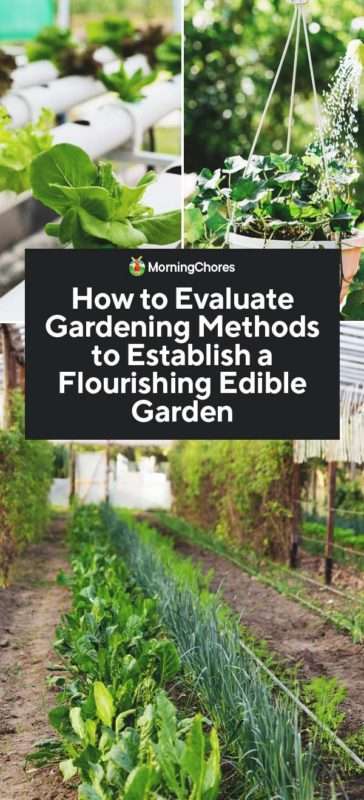
Enhances Soil Quality
Traditional gardening methods prioritize soil health and fertility. Techniques like composting, mulching, and cover cropping replenish essential nutrients, improve soil structure, and increase water retention capacity. By nurturing the soil, traditional gardening allows for healthier plant growth and higher yields, ultimately resulting in a more bountiful and fruitful garden.
Preserves Biodiversity
In modern industrial agriculture, there is often a focus on mass production of a limited number of crop varieties. Traditional gardening methods, however, encourage the preservation of diverse plant species. By cultivating a wide range of plant varieties, traditional gardening helps maintain biodiversity, which is crucial for the long-term health and resilience of ecosystems.

Promotes Pollinator Population
In traditional gardening, the presence of pollinators, such as bees and butterflies, is highly valued. Traditional gardeners create environments that attract and support these important creatures, providing them with a sustainable food source and safe habitat. By promoting the pollinator population, traditional gardening contributes to the overall health and balance of our natural ecosystems.
Improves Mental Well-being
Engaging in traditional gardening methods has been proven to have positive effects on mental well-being. The act of nurturing plants and watching them grow can be incredibly therapeutic, reducing stress and promoting relaxation. Traditional gardening also provides a sense of purpose and fulfillment, as you witness the fruits of your labor come to life. Spending time in nature and connecting with the earth can be a rejuvenating experience for both the mind and soul.
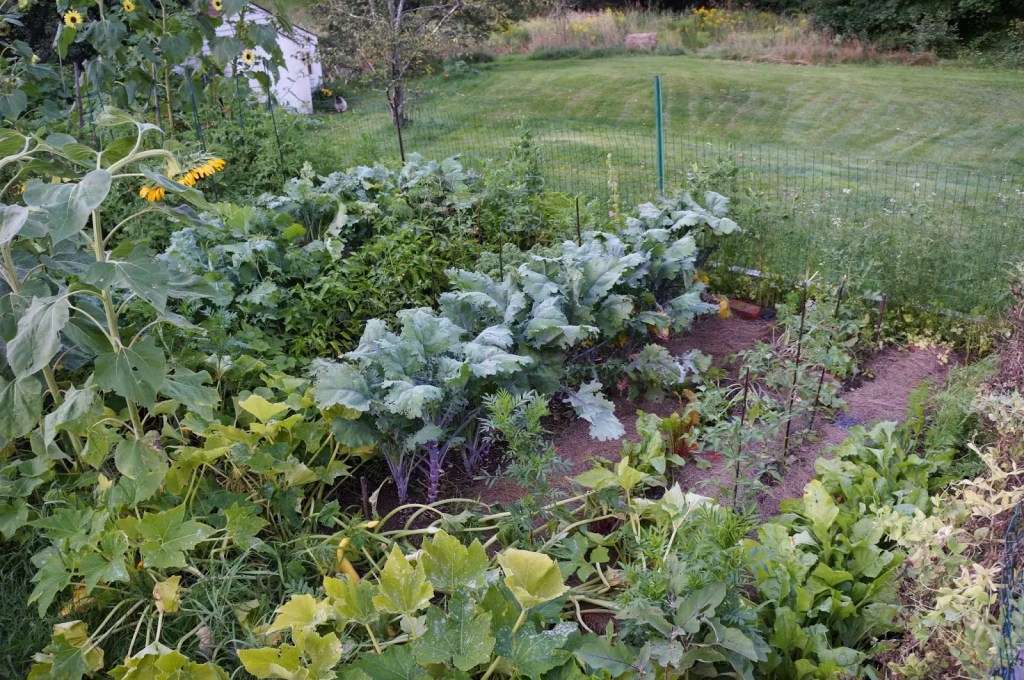
Suitable for All Types of Gardens
Whether you have a sprawling backyard or a small balcony, traditional gardening methods can be adapted to suit any garden size or type. From raised beds and container gardening to vertical gardening and traditional ground plots, there are endless possibilities for creating your own garden within the space available to you. Traditional gardening methods are highly versatile, allowing gardeners of all backgrounds and living situations to enjoy the benefits of growing their own food.
Aligns with Natural Cycles
Traditional gardening methods are rooted in an understanding of natural cycles and seasonal changes. By embracing these methods, you work with nature rather than against it. Traditional gardeners pay close attention to weather patterns, soil conditions, and seasonal changes, adapting their gardening practices accordingly. This alignment with natural cycles not only ensures the health and productivity of the garden but also provides a deeper connection to the rhythms of the earth.
Allows for Crop Rotation
Crop rotation is a key aspect of traditional gardening methods. By rotating crops from year to year, gardeners can prevent the build-up of pests and diseases in the soil and ensure better overall plant health. This practice helps maintain soil fertility and reduces the need for chemical interventions. By implementing crop rotation, traditional gardeners can create a balanced and harmonious ecosystem within their gardens.
Encourages Traditional Plant Varieties
Traditional gardening also plays a crucial role in preserving traditional plant varieties. Commercial agriculture often favors hybrid plants that are bred for high yields and uniformity but may sacrifice flavor and nutritional value. Traditional gardening methods promote the cultivation of heirloom or heritage plant varieties that have been passed down through generations. By growing these traditional plants, gardeners help preserve our culinary heritage and keep alive unique and diverse flavors.
Preserves Cultural Heritage
Traditional gardening methods are deeply intertwined with cultural heritage and traditions. They reflect the wisdom and knowledge of our ancestors and provide a way to connect with our roots. By practicing traditional gardening, we honor and preserve cultural traditions, ensuring that age-old techniques are not lost over time. These methods act as a bridge between generations and promote a sense of identity and pride in our cultural heritage.
Conclusion
Traditional gardening methods offer a multitude of advantages that make them relevant and appealing even in today’s modern world. From the health benefits of physical activity and stress reduction to the environmental and cost-saving benefits, embracing traditional gardening methods can enrich our lives in countless ways. So, whether you have a green thumb or are just starting your gardening journey, consider incorporating traditional gardening practices into your gardening routine. You’ll not only enjoy the fruits of your labor but also contribute to a healthier, more sustainable, and culturally rich world.

